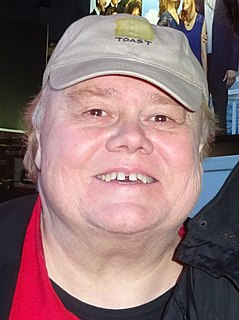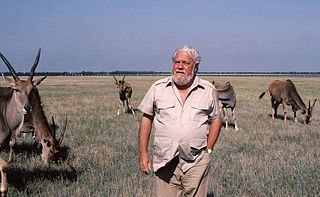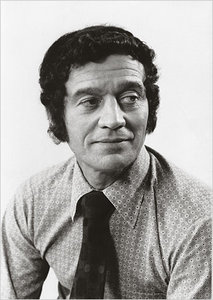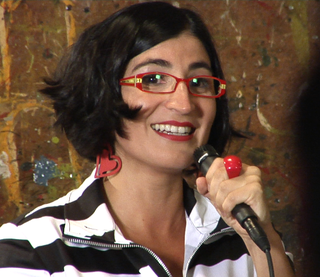A Quote by Louie Anderson
I would trade everything I have to have had a happier childhood.
Related Quotes
I don't enjoy the diminishing agility of the body!I had knee surgery and I no longer can go do three yoga classes and run. It's not as much fun, physically. But emotionally, it's way more fun. I am so much happier and contented and less agitated - I'm just calmer. So it's like everything in this human existence, it's a trade off - it's like you trade the virility of the body for the agility of the spirit. That's a good line. I have to remember that!
But when I realized it was actually going to be this portrait of the artist, birth to death, I had to then discover who Margaret as a young woman would be. I had to find the different voices for her throughout her life. I had a lot of fun discovering that. I had a lot of fun writing the childhood sections. By imagining her childhood, I was able to come up with this voice that matures as she gets older.
As South Korea shows, active participation in international trade does not require free trade. Indeed, had South Korea pursued free trade and not promoted infant industries, it would not have become a major trading nation. It would still be exporting raw materials (e.g., tungsten ore, fish, seaweed) or low-technology, low-price products (e.g., textiles, garments, wigs made with human hair) that used to be its main export items in the 1960s.
My childhood was very difficult. I had every childhood disease and then some, but my parents didn't mollycoddle me. They left me to fight those battles on my own. I guess that was very Canadian, very stoic. But it's good. I had to become a warrior. I had to give up hope and find a substitute for hope that would be far more stable.
My childhood was very difficult. I had every childhood disease and then some, but my parents didnt mollycoddle me. They left me to fight those battles on my own. I guess that was very Canadian, very stoic. But its good. I had to become a warrior. I had to give up hope and find a substitute for hope that would be far more stable.

































